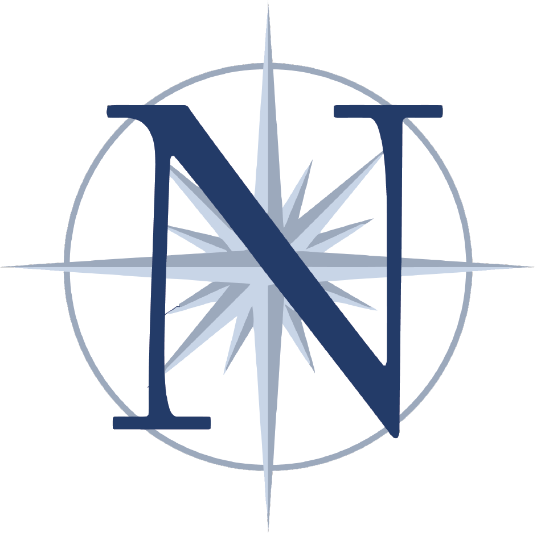
Robert Brown, Jr. MD, DPhil
Robert Brown, D.Phil., M.D. is the LaChance Family Chair of Neurology at the University of Massachusetts Medical School (UMMS) where he also serves as Director of the ALS Clinic, Co-Director of the Laboratory for ALS Genetics and Co-Director of the Neurotherapeutics Institute.
Dr. Brown is originally from Massachusetts. He completed a B.A. in Biophysics (Amherst College, 1969), a D.Phil. in Neurophysiology (Oxford, 1973) and an M.D. (Harvard, 1975). After completing a neurology residency at the Massachusetts General Hospital/Harvard Medical School (1980) and a research fellowship at Boston Children’s Hospital (1983), he joined the faculty at the Massachusetts General Hospital. At the MGH, he established and directed the Day Neuromuscular Research Laboratory and co-directed the Neuromuscular Clinic. In 1983 he began studies of the genetics of ALS and related disorders, jointly with colleagues at Massachusetts Institute of Technology and several universities outside of Boston. In 1998, he was awarded tenure as Professor of Neurology at Harvard Medical School. In 2008, he became the chair of neurology at UMMS.
R. Brown has a longstanding research interest in identifying gene defects that underlie ALS and related neuromuscular disorders. He was a lead member of the team that identified the first ALS gene (SOD1) and, with colleagues, has subsequently identified several other defective genes in ALS including alsin, dynactin, FUS/TLS, ErbB4 and profilin1. He has identified causative gene defects s in other disorders including limb girdle dystrophy type 2B (dysferlin), hereditary sensory neuropathy [serine palmitoyl-transferase], and hyperkalemic paralysis [skeletal muscle sodium channel]). His laboratory team has used insights from these investigations in genetics to generate cell and animal models of each of these other disorders. These models have improved our understanding of pathological processes that trigger diseases like ALS and have assisted in therapy development . He has published more than 250 peer-reviewed reports and more than 60 reviews and chapters on these topics.
Acknowledgements for these investigations have included membership in the Institute of Medicine and charter membership in the National Academy of Inventors. In 1996 he received the Sheila Essey ALS Award of the American Academy of Neurology. He is a past president of the American Neurological Association, the organization of American academic neurologists.
